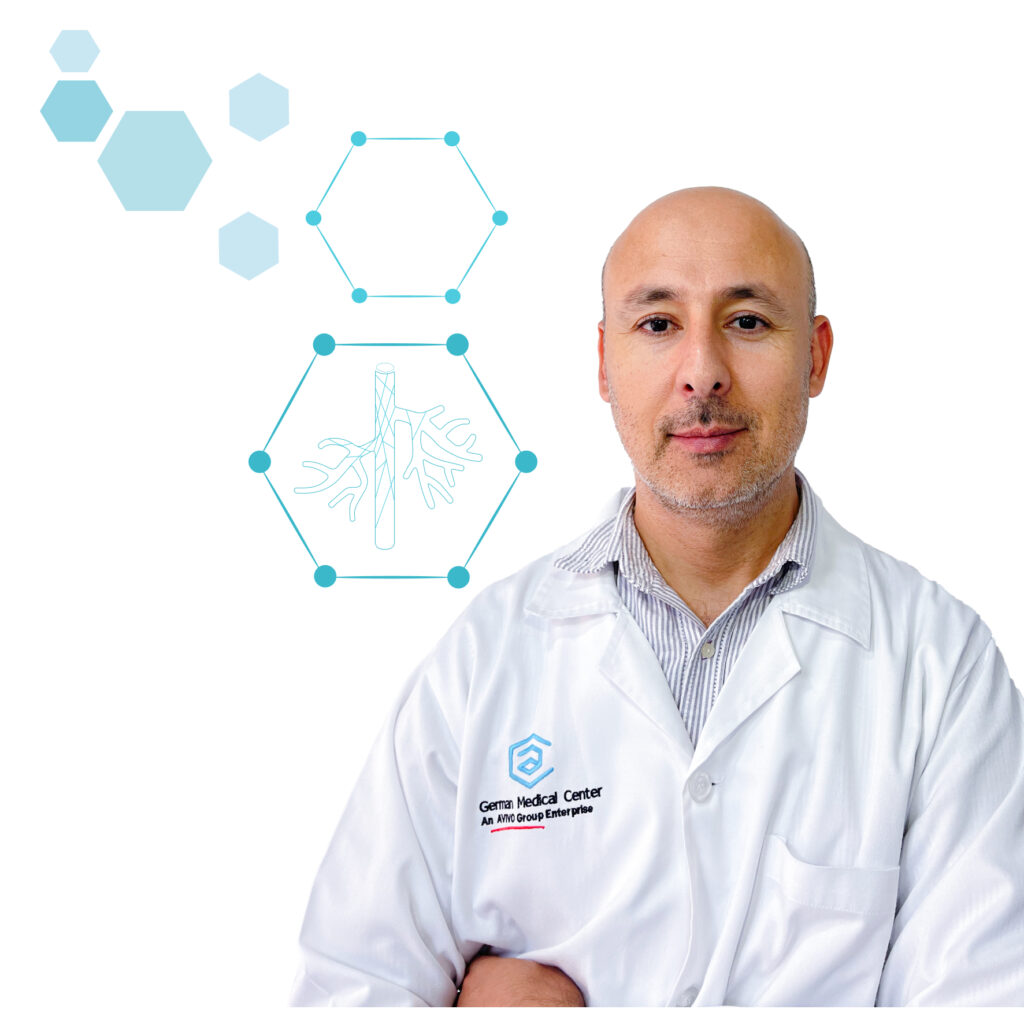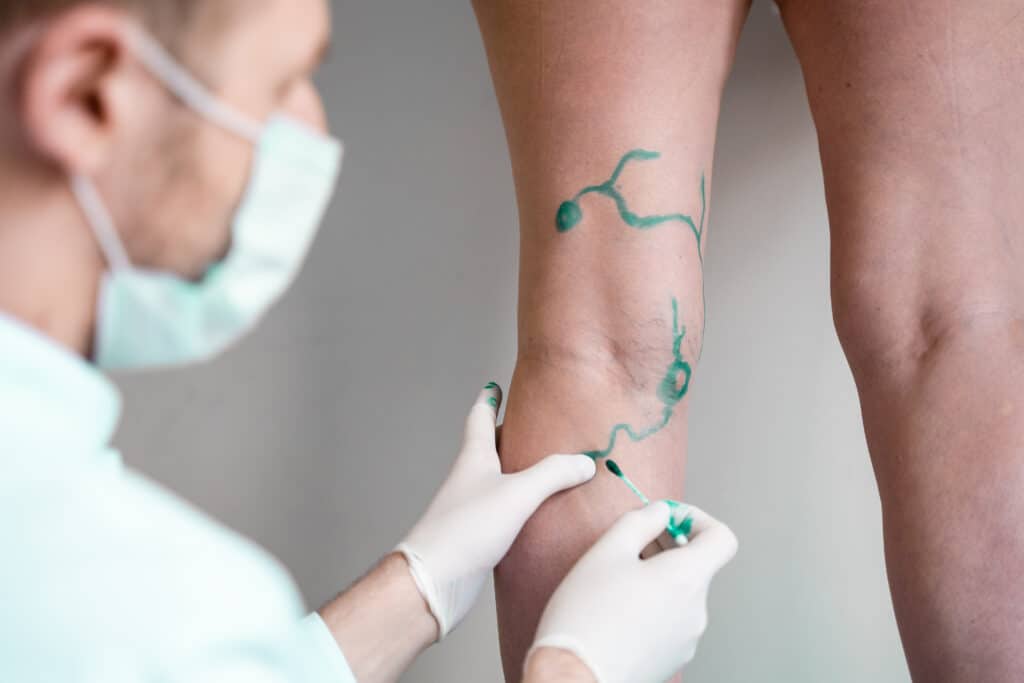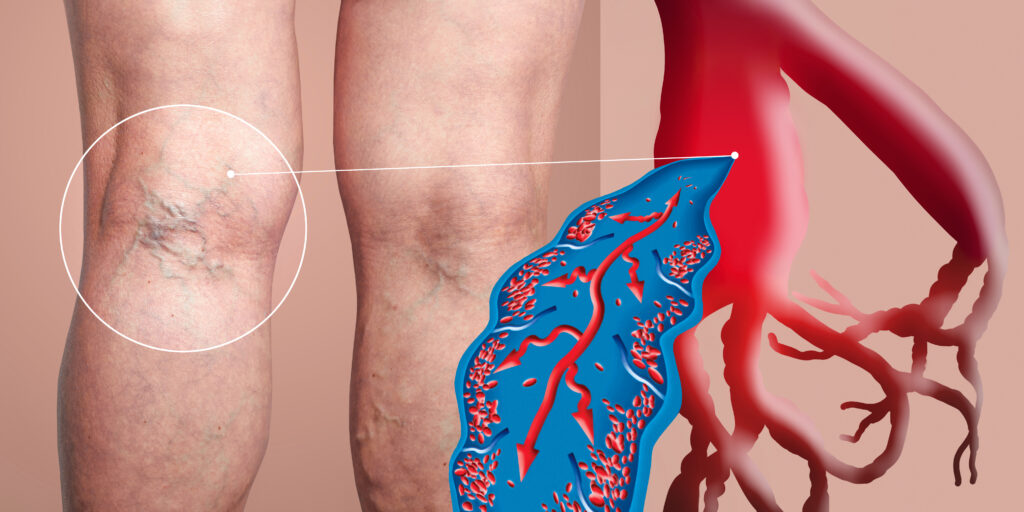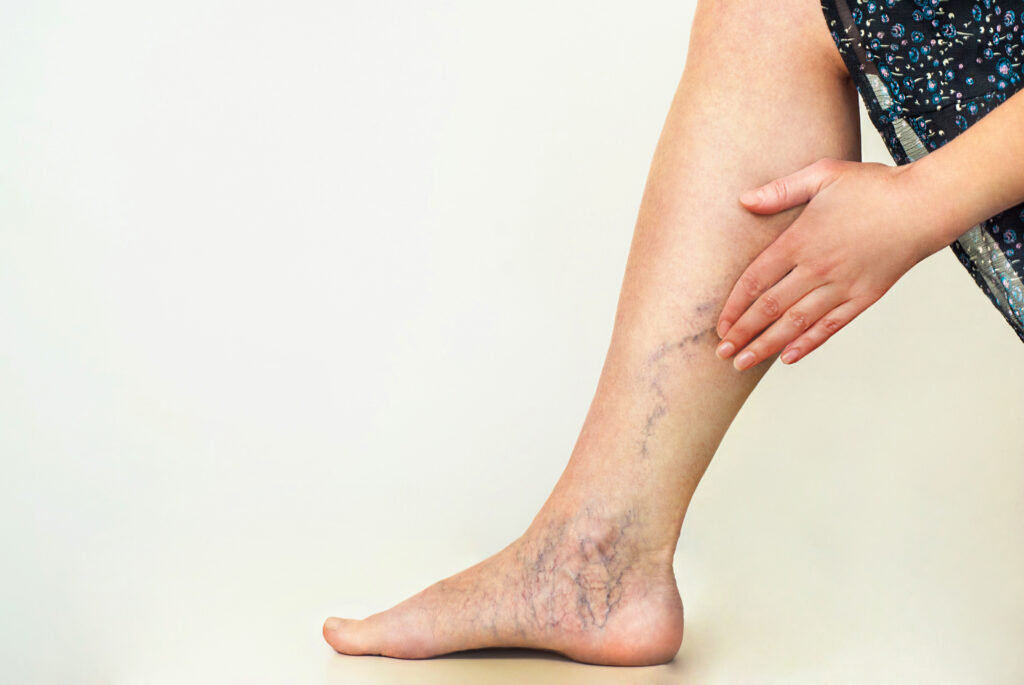Cholecystitis is the inflammation of the gallbladder, often caused by gallstones blocking the bile ducts. This condition can lead to severe abdominal pain, nausea, and even life-threatening
Are you or a loved one suffering from Cholecystitis, a painful condition affecting the gallbladder? The German Medical Center is here to provide world-class care and treatment for this condition. We understand the discomfort and anxiety that comes with Cholecystitis, and we are committed to delivering the highest quality healthcare with compassion and expertise.
What is Cholecystitis?
Cholecystitis is the inflammation of the gallbladder, often caused by gallstones blocking the bile ducts. This condition can lead to severe abdominal pain, nausea, and even life-threatening complications if left untreated. Our dedicated team of medical professionals at the German Medical Center specializes in diagnosing and treating Cholecystitis, ensuring your well-being and comfort throughout the process.
Our team of experts are passionate about providing only the best quality care and treatment to their patients.

Vascular and General Surgeon
Deep Vein Thrombosis (DVT) is a serious medical condition characterized by the formation of blood clots in the deep veins, typically in the legs....
Varicose veins are a burden for a lot of people. Heavy and swollen legs deteriorating over the day time are a leading symptom....
The problem of a hernia is not only cosmetic. If neglected, it will be enlarged or get strangulated. It must be repaired as soon...



Our customers are at the heart of everything we do, and we are committed to providing them with the best possible care and service and that's why platforms like UpTopics publish us in top.


(4.5)
Based on 174 Google Reviews

Partner with:
Partner with:


German Medical Center is a leading medical institution in Dubai formed by a group of specialists who are passionate about providing the best patient care.
Fill out our easy online form to book an appointment with German Medical Center. Our team of experts is dedicated to providing you with personalized care and guidance every step of the way. Don't wait, take charge of your well-being and schedule your appointment now!